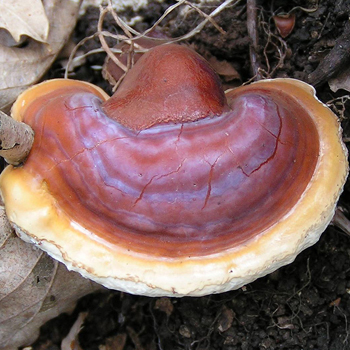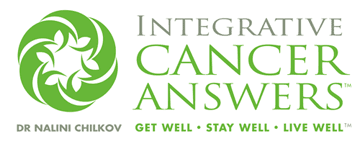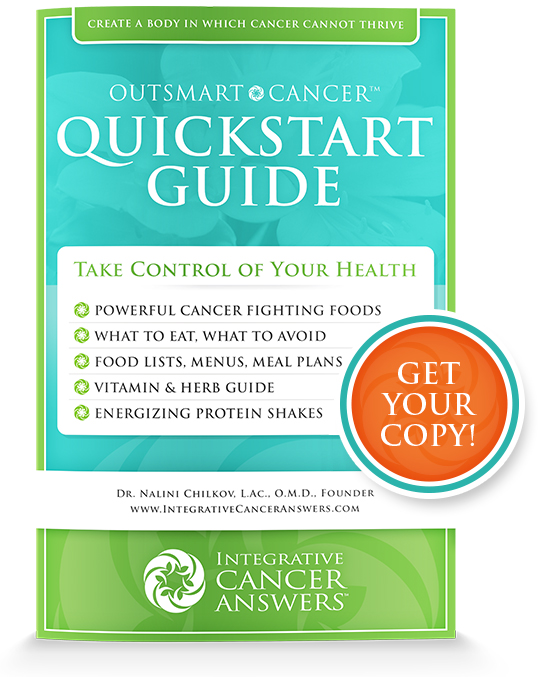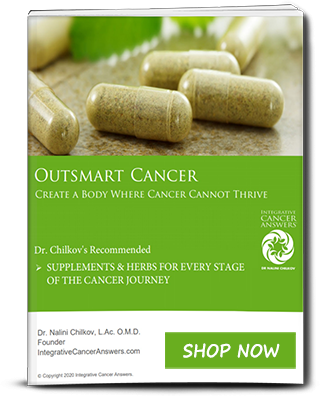
Cancer Related Fatigue is one of the primary complaints of and is a short term and long term side effect of cancer patients both during and after cancer treatment. In a recent study* the spores of the widely used Chinese Medicinal Mushroom Ganoderma showed promise in alleviating fatigue in cancer survivors, particularly in breast cancer survivors suffering from the side effects of estrogen blocking therapies such as Tamoxifen. Ganoderma has wide safety range and has been used in both Traditional and Modern Chinese Medicine to normalize inflammation function and modulate and enhance immunity. It is classified as a Qi or Energy Tonic and improves the Quality of Life, just as these modern researchers discovered. The Ancient Chinese Herbalists clearly understood its value related to complaints of fatigue. What is most interesting is that the researchers found that Ganoderma spores did actually lower levels of inflammatory molecules that are associated with fatigue, in particular TNFa and IL-6 both of which are related to inflammation associated with many diseases, including many cancers. The “tired” feeling associated with colds and flus and many cancers is thought to be linked to these inflammatory molecules.
This pilot study, although small, comprising only 48 women, concluded
“…that there were statistically significant improvements in the domains of physical well-being and fatigue. These patients also reported less anxiety and depression and better quality of life. Immune markers of Cancer Related Fatigue were significantly lower and no serious adverse effects occurred during the study. This pilot study suggests that spore powder of Ganoderma lucidum may have beneficial effects on cancer-related fatigue and quality of life in breast cancer patients undergoing endocrine therapy without any significant adverse effect…”
According to Patrica Ganz, M.D. a leading expert and researcher in the needs of cancer survivors at Jonsson Comprehensive Cancer Center at UCLA and author of Cancer Survivorship Today And Tomorrow,
“Regaining lost energy following treatment is the first pressing issue for many patients…..Reported fatigue can linger months or years after treatment and surveys in the United States and Ireland indicate that 53% of cancer patients experience fatigue at least weekly and 80% experience fatigue at least monthly….fatigue can linger months or years after treatment for many, 37% in one study and 40% in another.”
Studies show that 82% of all breast cancer patients report fatigue** at some point during their treatment. This is especially true for chemotherapy patients. For breast cancer patients with hormone driven (in this case estrogen positive receptor) cancers, many will be treated with drugs that block estrogen for two to ten years in the case of Tamoxifen.
An excellent resource for doctors and patients is the Journey Forward: Guiding Survivors as they move ahead website.
Sometimes we forget about the most basic solutions. Here are some very pragmatic recommendations from the Journey Forward with regard to cancer related fatigue.
Getting Help
Talk with your doctor or nurse about what may be causing your fatigue and what can be done about it. Ask about:
- How any medicines you are taking or other medical problems you have might affect your energy level
- How you can control your pain, if pain is a problem for you
- Exercise programs that might help, such as walking
- Relaxation exercises
- Changing your diet or drinking more fluids
- Medicines or nutritional supplements that can help
- Specialists who might help you, such as physical therapists, occupational therapists, nutritionists, or mental health care providers
Coping with Fatigue
Here are some ideas:
- Plan your day. Be active at the time of day when you feel most alert and energetic.
- Save your energy by changing how you do things. For example, sit on a stool while you cook or wash dishes.
- Take short naps or rest breaks between activities.
- Try to go to sleep and wake up at the same time every day.
- Do what you enjoy, but do less of it. Focus on old or new interests that don’t tire you out. For example, try to read something brief or listen to music.
- Let others help you. They might cook a meal, run errands, or do the laundry. If no one offers, ask for what you need. Friends and family might be willing to help but may not know what to do.
- Choose how to spend your energy. Try to let go of things that don’t matter as much now.
- Think about joining a support group. Talking about your fatigue with others who have had the same problem may help you find new ways to cope.













As Seen On: